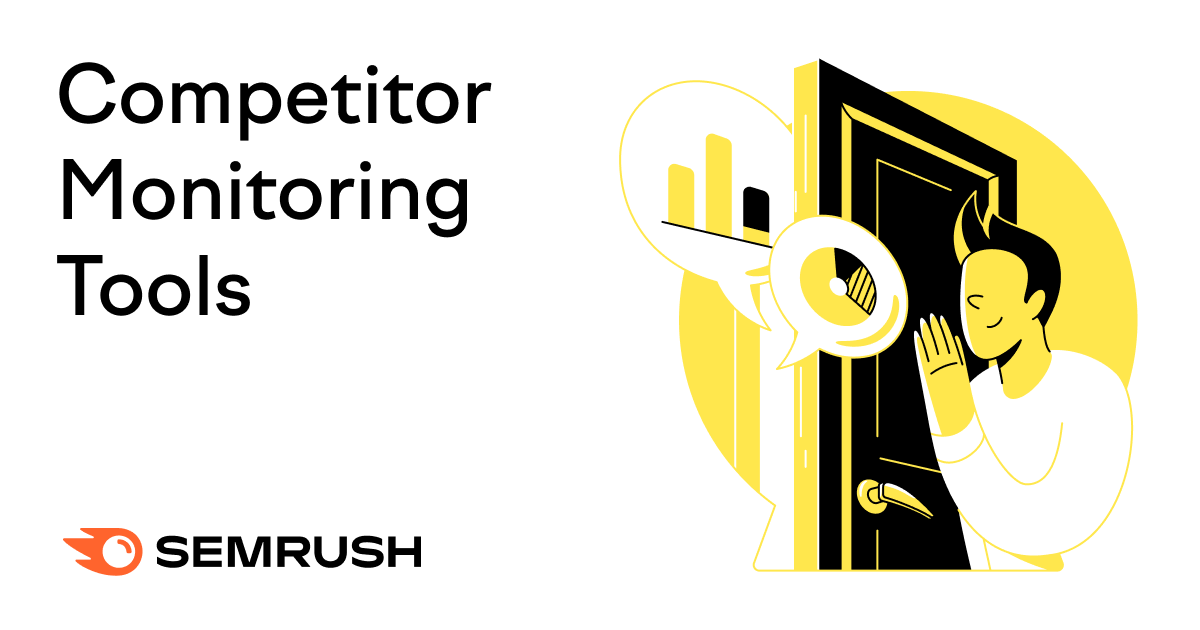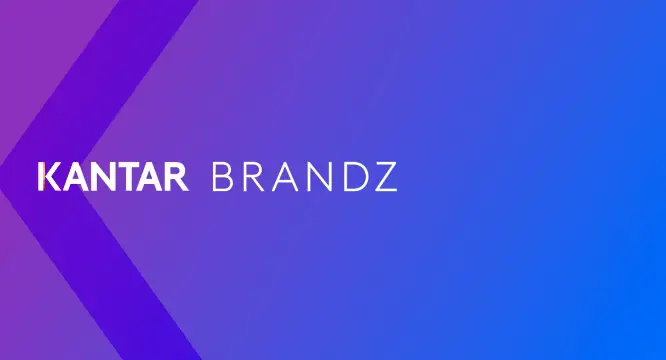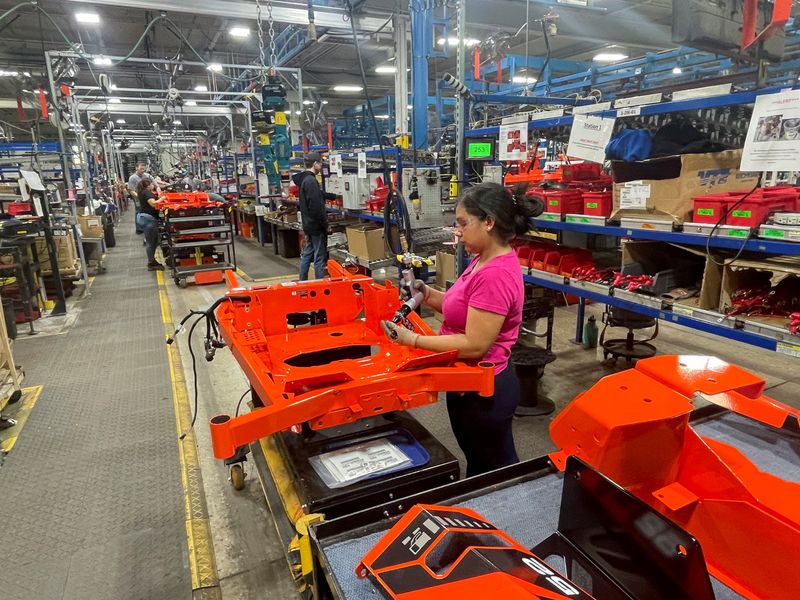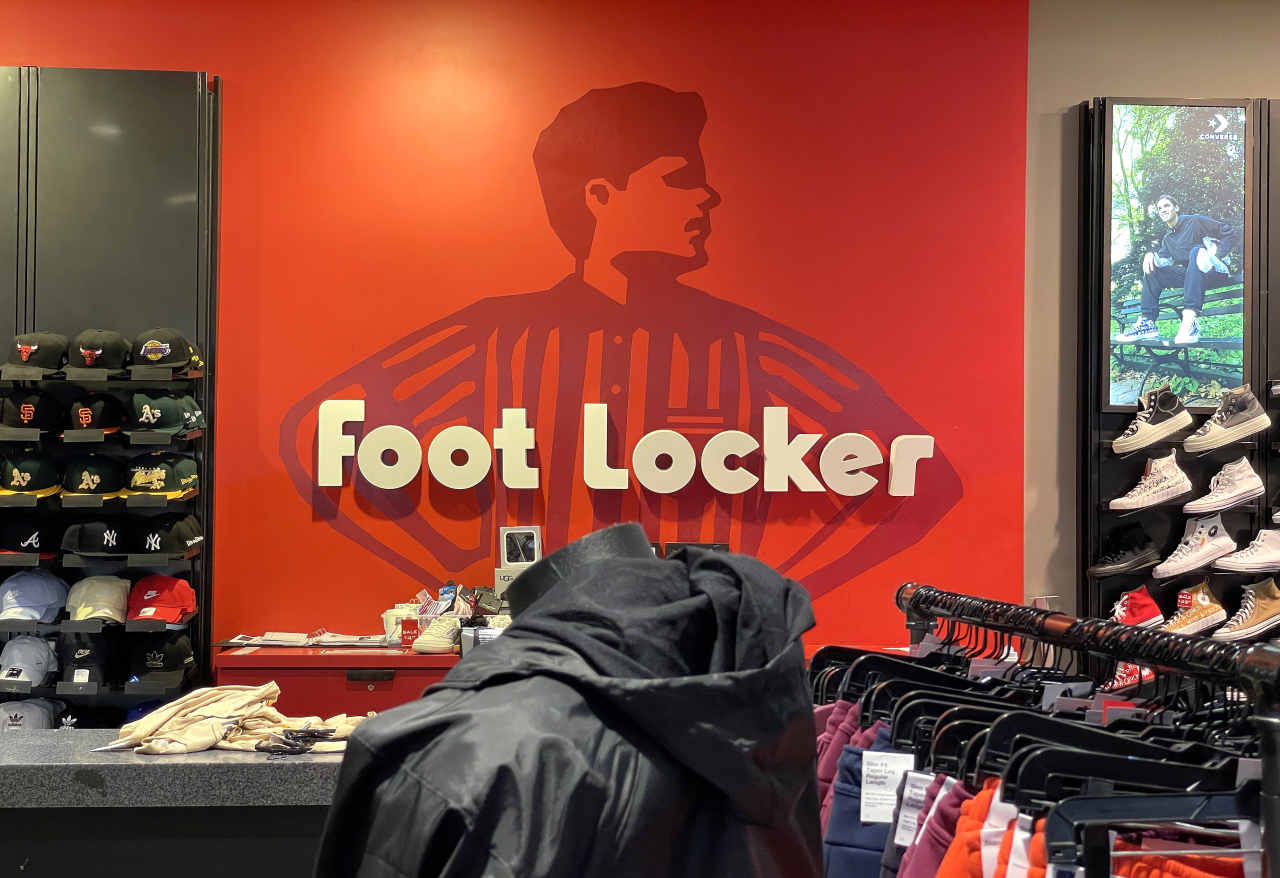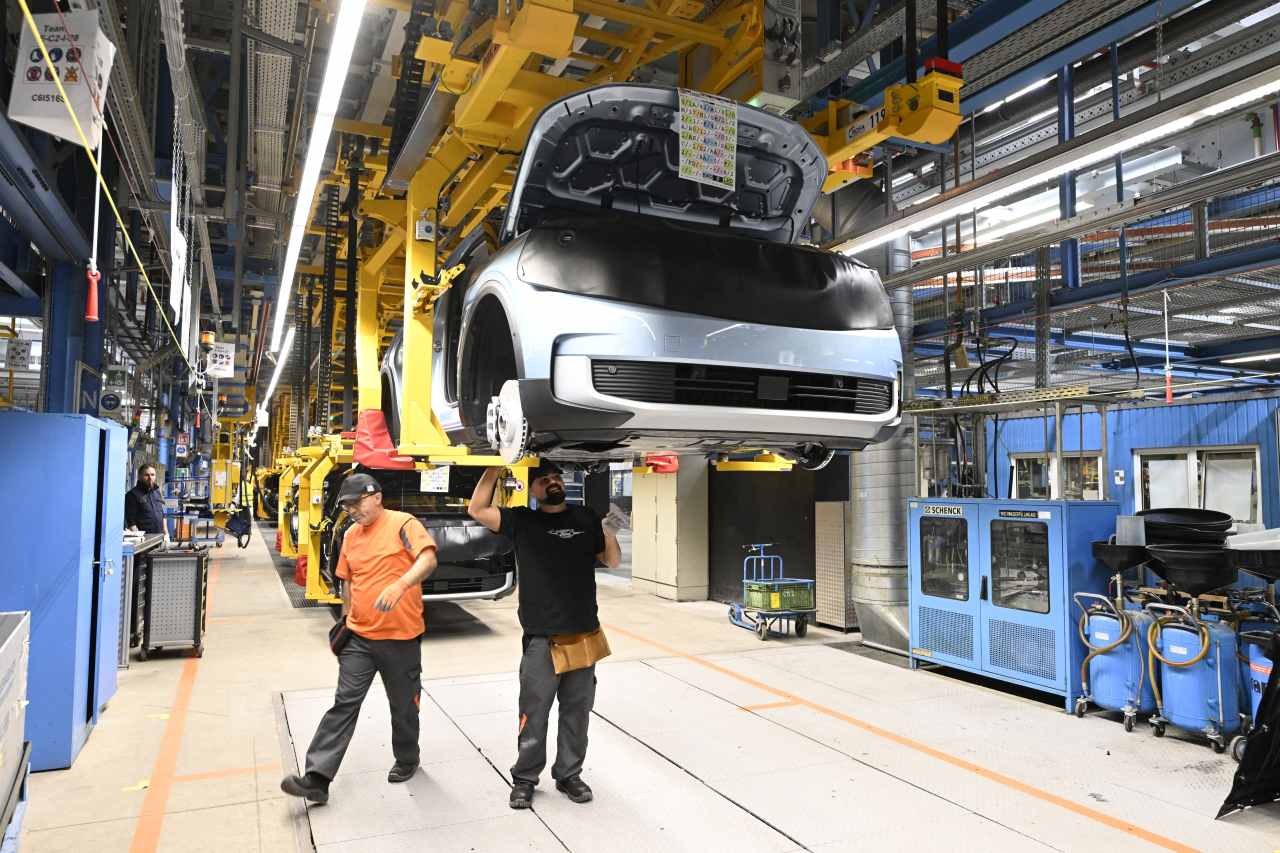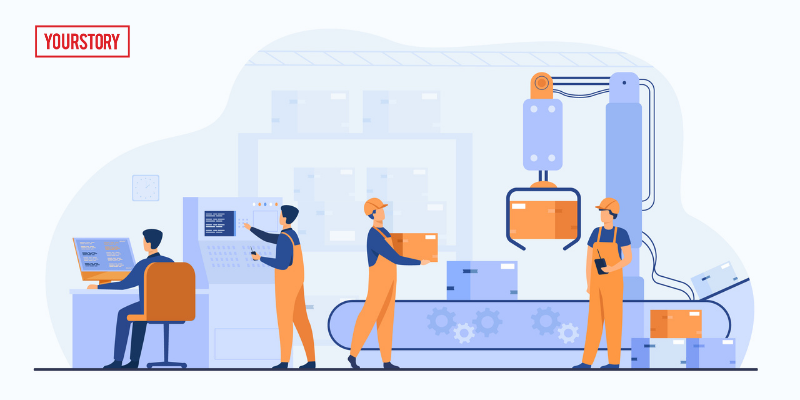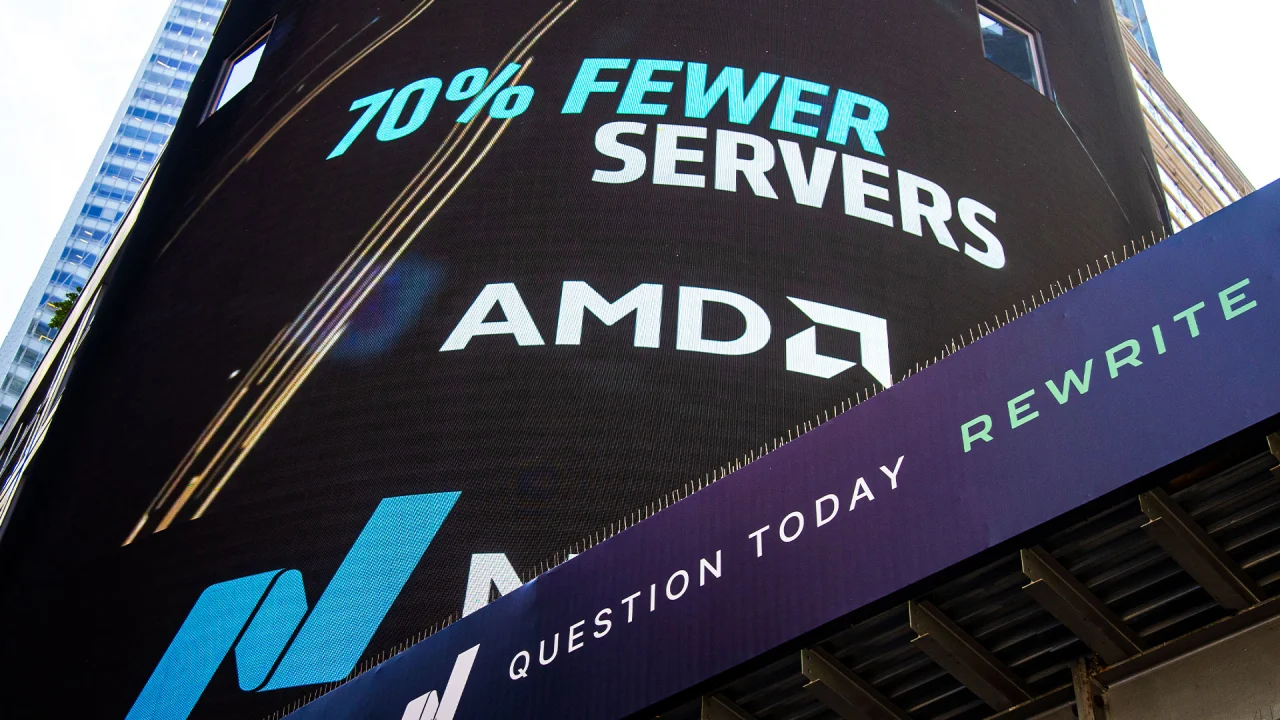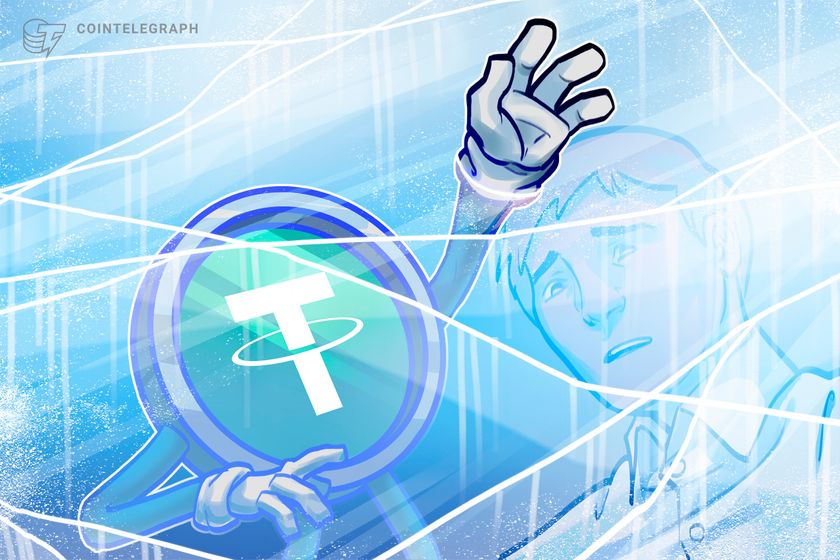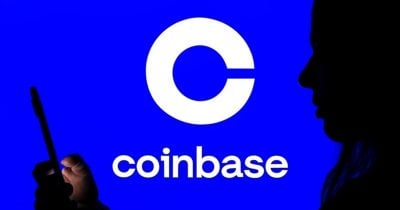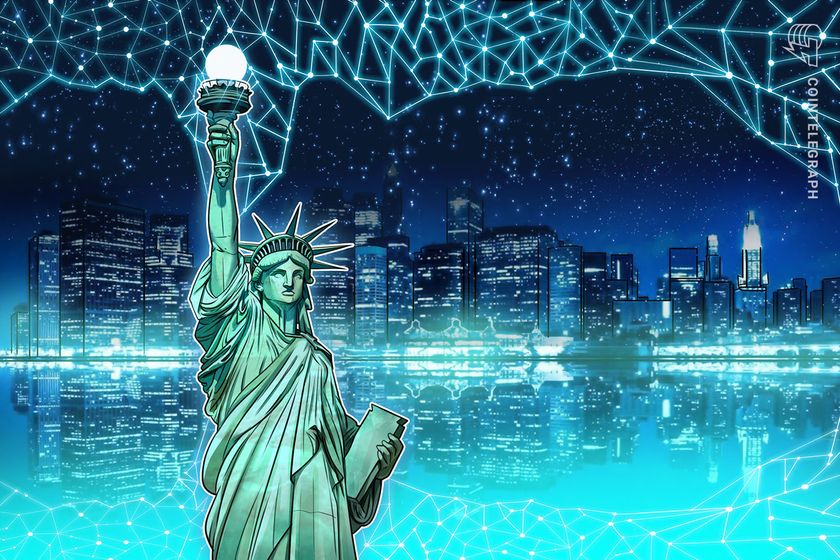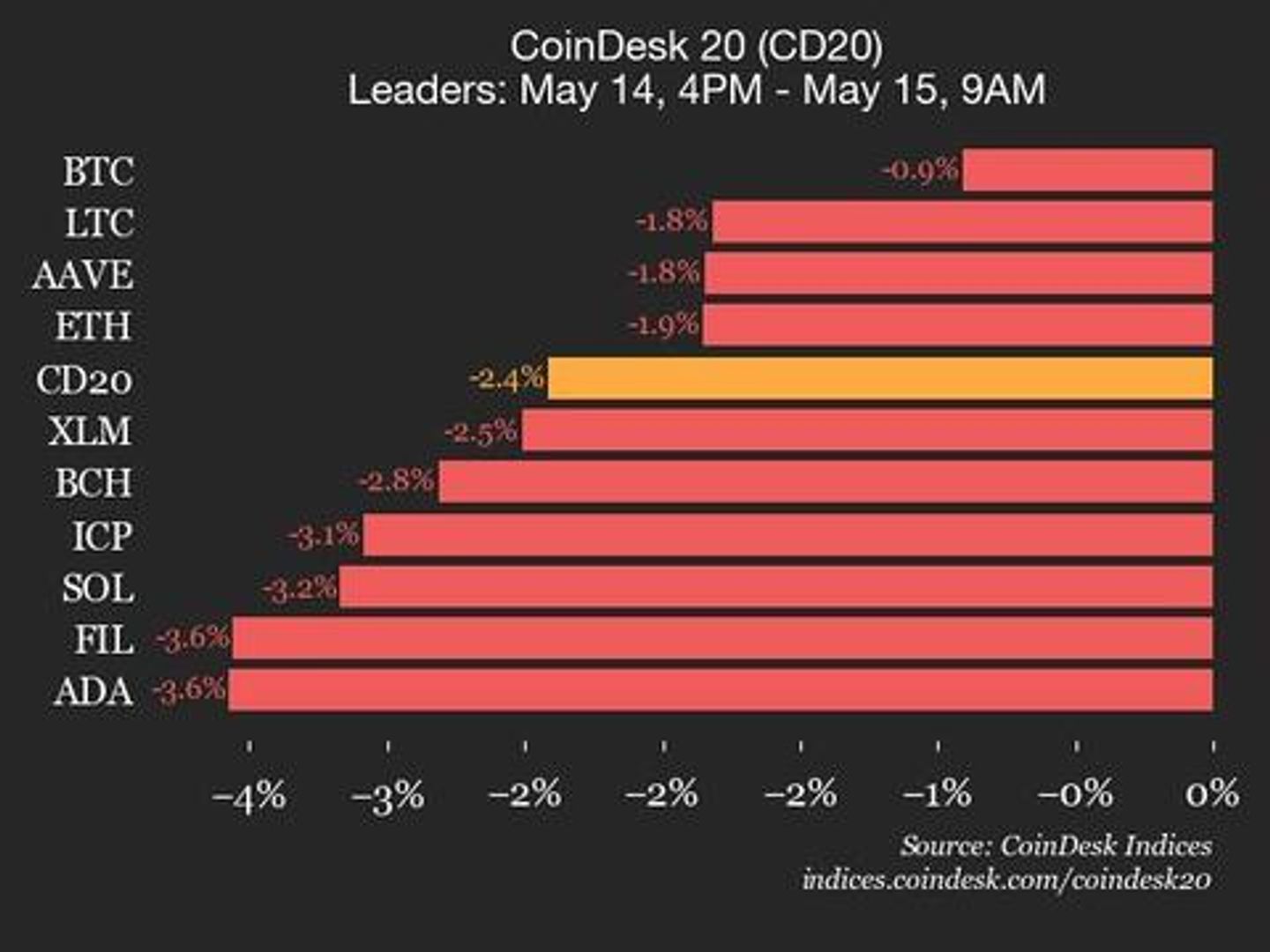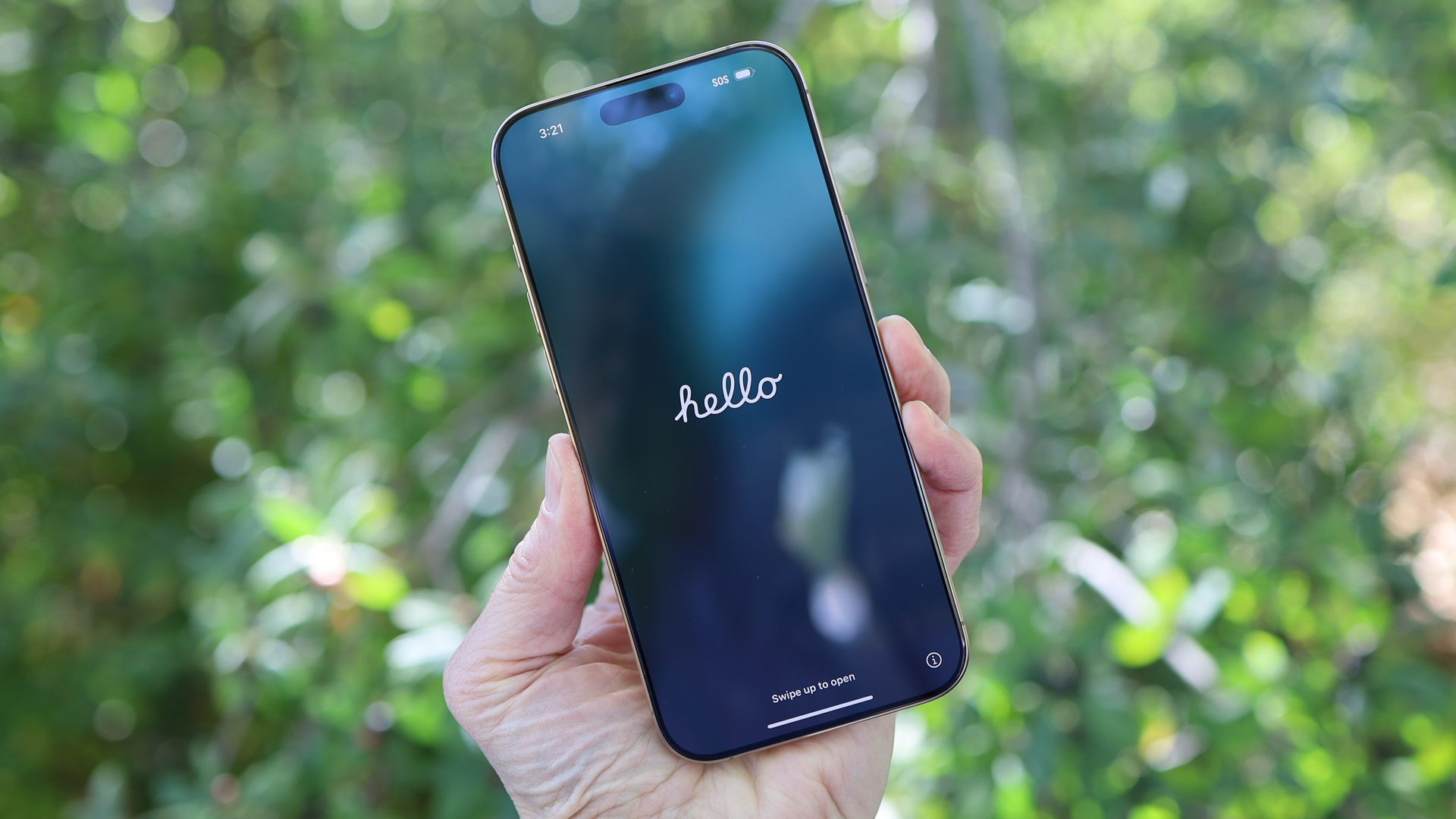The AI training gap: Business leaders expect their employees to use AI at work but they aren’t providing them with any guidance
Only 10% of C-suite leaders believe they are ready for AI disruption.

Good morning!
It seems as if every business leader in the world is trying to figure out how to embrace AI to stay competitive in a rapidly-changing tech landscape. But when it comes to effectively incorporating the technology, their workforce expectations are not quite lining up with reality.
Only 10% of C-suite leaders say that their companies are future-ready, according to new data from The Adecco Group, which surveyed 2,000 people, in a report shared exclusively with Fortune. That lack of readiness is likely the result of shoddy workforce training. While almost two-thirds of leaders expect employees to update their skills for AI, only one-third of companies are providing a clear policy on how employees should be using the technology.
Caroline Basyn, chief digital and IT officer at The Adecco Group, thinks that the training gap can be partially attributed to “ignorance” on the part of executives. “Leaders need to grasp and understand that AI is going to transform the way we work,” she tells Fortune. “There are some industries that have understood it. There are some industries that have not yet understood the relationship between leveraging AI and the results they will achieve, both in terms of revenue and in terms of productivity.”
She adds that simply using AI isn’t enough—businesses have to completely rethink their organization and workflow to best harness the power of the technology. “Investing in AI products is potentially only half the battle,” she says. “The whole leadership team, the culture and the learning structure, is as important as developing the product in [and of] itself.”
The report recommends that leaders act to “create, share, and adhere to a responsible AI framework as a matter of urgency” and ensure that employees are well-versed in the policy specifics. Leaders should also consider “an AI ethics committee, company-wide training, and forum for workers to voice concerns.”
Basyn says there’s no one-size-fits-all model when it comes to training workers how to use AI, and emphasizes that the training program used yesterday may not work tomorrow. But she says that the more personalized AI workforce training is, the better.
“We need to make career mobility a reality. We need to make sure that we're planning for the disruption, and empower the employees to build new skills,” she says.
Sara Braun
Sara.Braun@fortune.com
This story was originally featured on Fortune.com




![An Ad Quality Control Checklist [Infographic]](https://imgproxy.divecdn.com/6nIRujQEJFAZ7N9aiG3W8ZdvYsZHRQGEYXyTvI-9_h8/g:ce/rs:fit:770:435/Z3M6Ly9kaXZlc2l0ZS1zdG9yYWdlL2RpdmVpbWFnZS9hZF9xdWFsaXR5X2NoZWNrbGlzdDIucG5n.webp)









![SWOT Analysis: What It Is & How to Do It [Examples + Template]](https://static.semrush.com/blog/uploads/media/86/6a/866a1270ca091a730ed538d5930e78c2/do-swot-analysis-sm.png)
